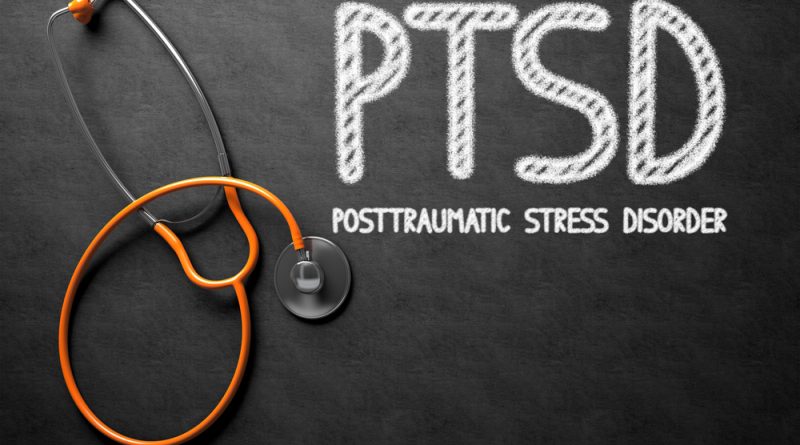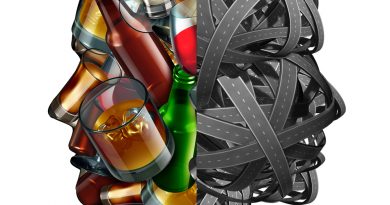Analyzing Serious PTSD Occurrences after Major Motor Vehicle Accidents
Major MVAs (Motor vehicle accidents) are one of the leading causes of serious Post-traumatic Stress Disorder cases.
Escalating traffic and motorcycle ownership in Florida has an unfortunate side effect – a direct increase in serious MVAs or motor vehicle accidents in the state. These accidents are highly traumatic and most victims in these cases suffer from prolonged PTSD symptoms. Most major MVAs involve major physical injuries and often the psychological effects of the accidents are overlooked in the process of treating the obvious. However, treating PTSD symptoms early on can reduce the stress effects, which will also help with the overall recovery process.
Understanding PTSD
Witnessing or suffering a major trauma can induce fear, anxiety and high levels of stress in the victims. These can manifest as a pathological condition where the brain is incapacitated against the normal regulation of the fight or flight reflexes. These effects can be so disorienting that the very reflexes that are coordinated in your brain function to help you fight against a dangerous situation can suddenly pose as a threat. The out of control activation of such reflexes, in normal situations where there is no actual risk factor, can turn the action in to an attack on other unsuspecting people or even yourself.
Symptoms of advanced PTSD
It is very important to note that PTSD surfaces in different ways in different individuals. However, you can also check for these common PTSD symptoms.
- PTSD can cause the recurrence of the trauma experience at odd times beyond the patient’s control. Many patients have described reliving the accident during their sleep, during traveling or while they are at work. The pattern can be induced by sharp noises, lights or other sensory triggers.
- The victim might start to maintain an emotional distance from the outside world. This is the most likely scenario, which ultimately pushes them towards major depression.
- PTSD symptoms can also manifest as the victim’s tendency to start avoiding circumstances or locations that are associated with the MVA. These factors induce the anxiety of the trauma for the victims; however, such avoidance can also lead to development of recurring panic attacks and social phobias.
- Hyper Vigilance
Available treatments for PTSD for MVA victims
It is advisable to consult a behavior therapy specialist to help address the PTSD symptoms along with a primary care professional physical to help continue the physical recovery. Cognitive therapy, counseling and medications can be combined in different proportions according to an individual patients’ needs. The treatment can start showing results within 6-15 weeks but full recovery will depend on the frequency of the treatment and the individual conditions of the victims.
If you witness an MVA immediately, call 911 to report the accident and call for help. The police should be informed while the victims of the accident are being stabilized and transported to the nearest medical facility for immediate treatment.



